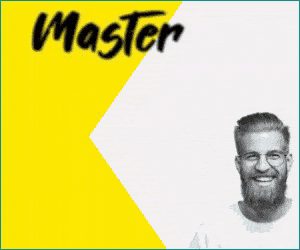
- Nürnberg, 23.04.2024
- Düsseldorf, 26.04.2024
- Köln, 08.11.2024
- Wien, 15.11.2024
- Graz, 19.11.2024
- Stuttgart, 22.11.2024
- Frankfurt, 30.11.2024
- Berlin, 04.12.2024
- Hamburg, 06.12.2024
- Münster, 25.01.2025
Jetzt informieren und kostenloses Ticket sichern!
- Masterstudiengang
Fakten zum Master
Studiengang
Computational Cognitive Science
Hochschule
Studienort
Groningen
Fachrichtung
Abschluss
MSc in Computational Cognitive Science
Art des Studiums
1-fach Master
Unterrichtssprache
Studienform
Der Master wird angeboten von:
Hochschule
Trägerschaft
staatlich
Hochschulart
Universität









